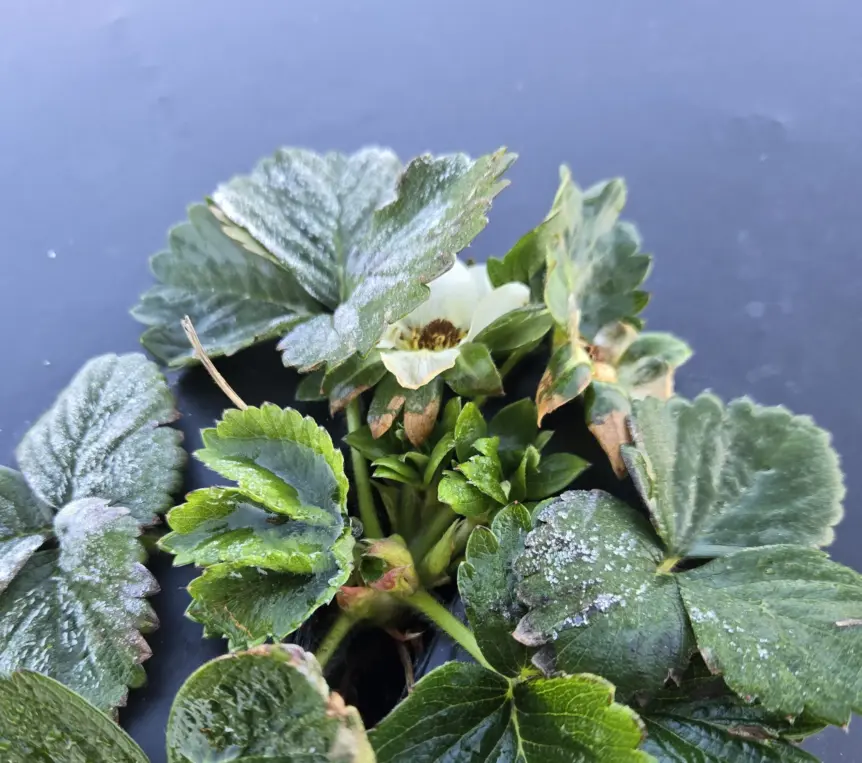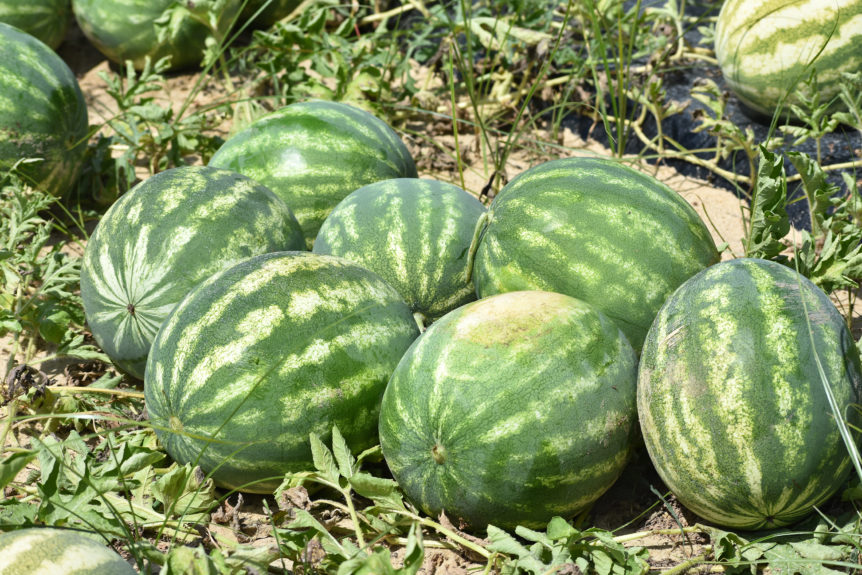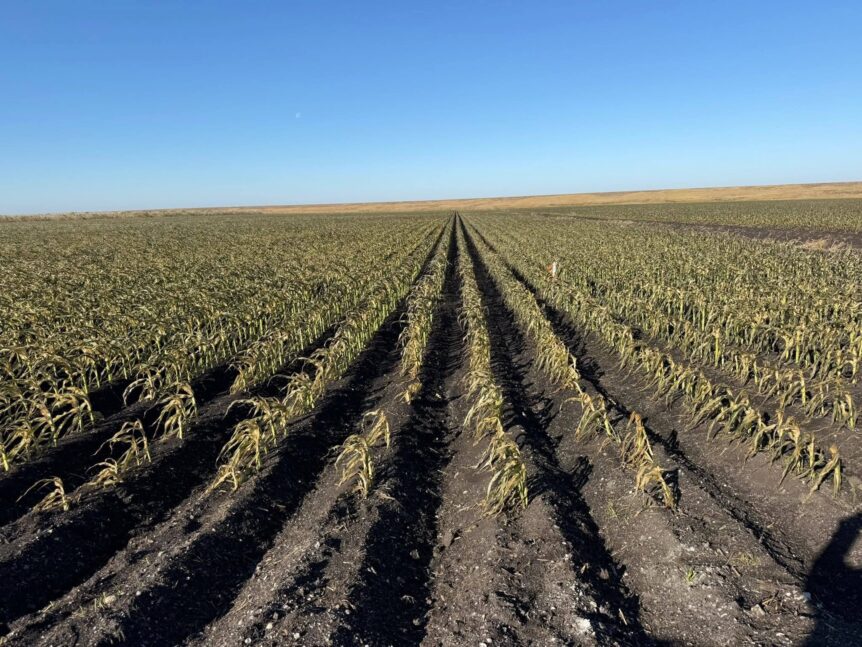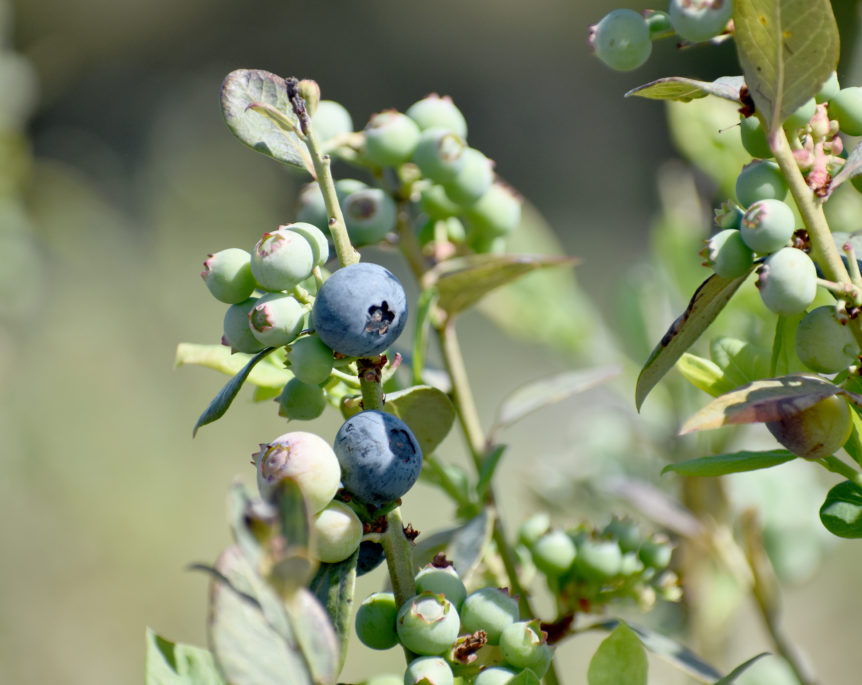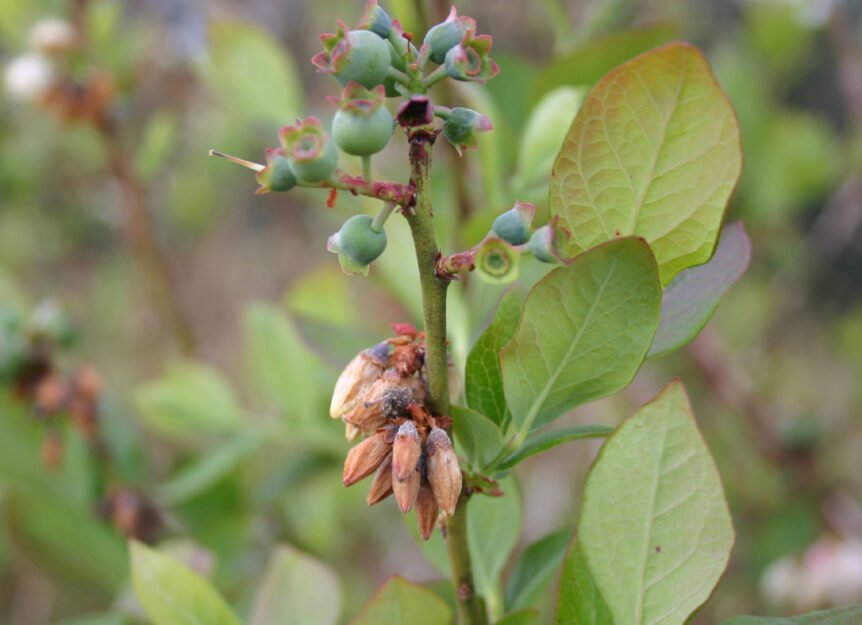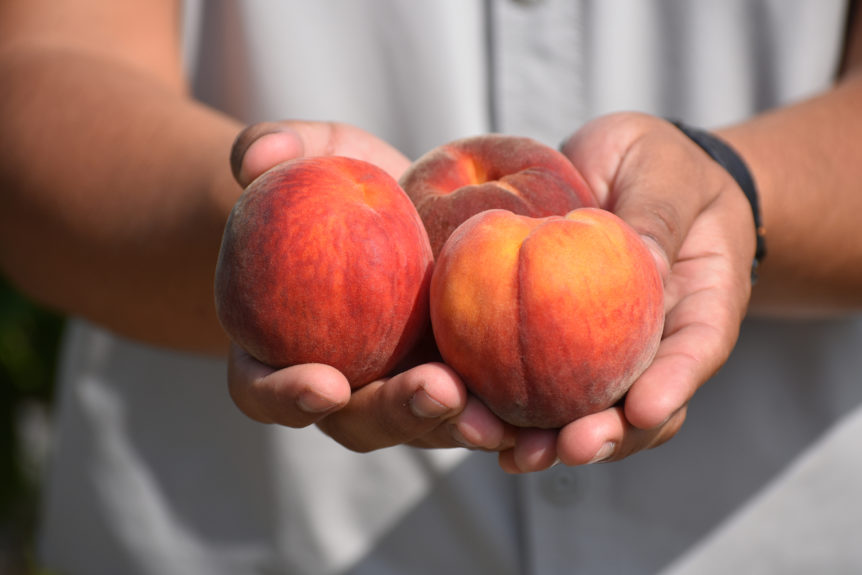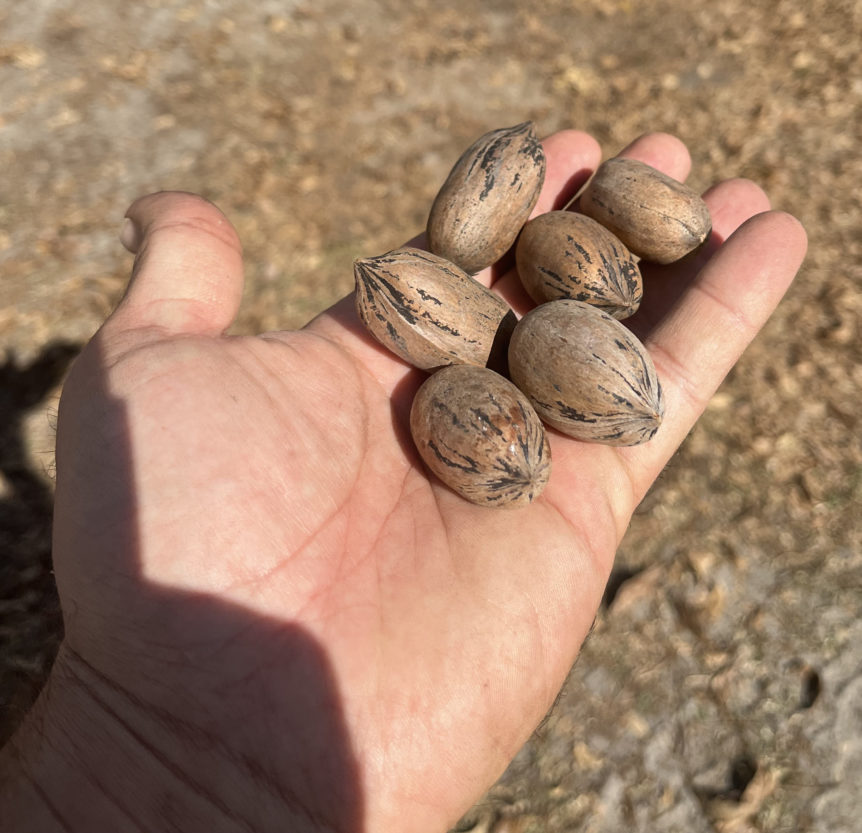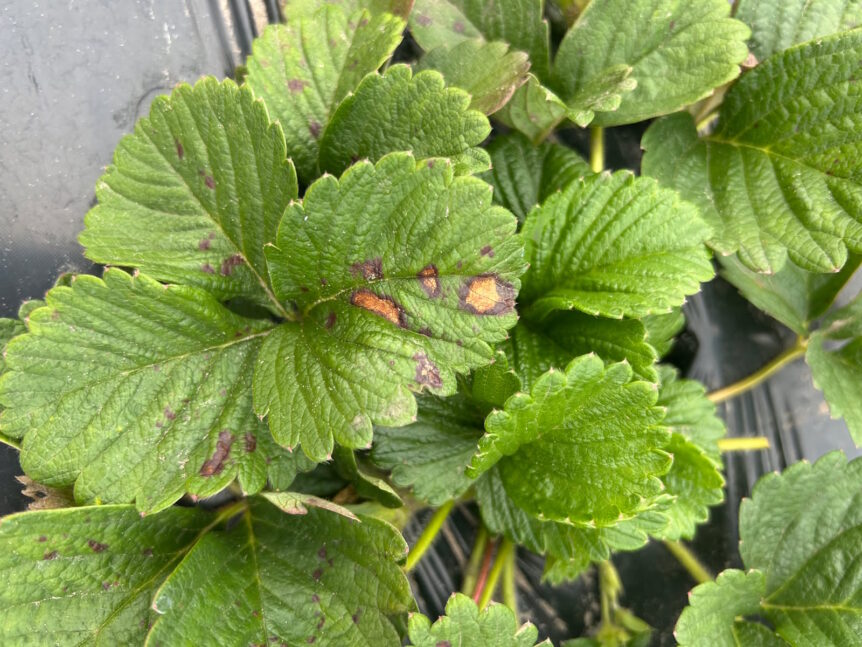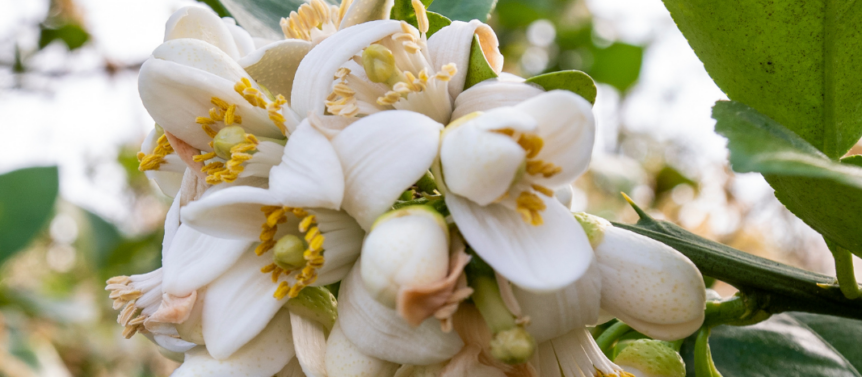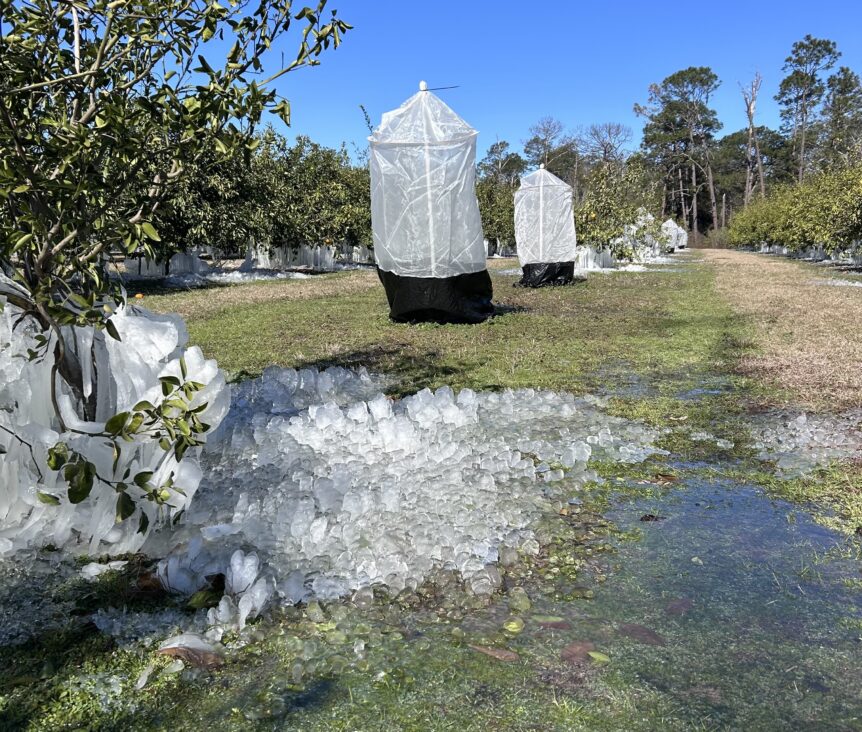Weekly Field Update Clemson Extension agents provide updates in The South Carolina Grower this week about the status of various crops being produced throughout the state. Midlands Rob Last Sarah Scott Pee Dee Brittney King Upstate Andy Rollins Sponsored ContentNew Syngenta Varieties Offer Grower SolutionsFebruary 1, 2026Attribute® II Technology Adds More Flexibility and Strength to Sweet Corn Pest ManagementJanuary 1, …
North Florida Watermelon Plantings Expected in Couple of Weeks
By Clint Thompson It is the second week in February which means North Florida watermelon plants are expected to be planted in a couple of weeks. Bob Hochmuth, University of Florida Institute of Food and Agricultural Sciences (UF/IFAS) Regional Specialized Extension agent in Live Oak, Florida, discussed the planting scenario facing growers in his region. “There are definitely transplants that …
Cold Weather’s Impact on South Florida Crops
By Clint Thompson South Florida experienced a freeze/ice storm the region hasn’t seen in about 15 to 16 years, according to one industry expert. Gene McAvoy, a crop consultant, talked about the Feb. 1 storm that impacted multiple crops, including watermelons, sweet corn and tomatoes. “If (watermelons) weren’t covered, they’re gone. A lot of them were young so they can …
Chilli Thrips Impact Blueberries Post-Harvest
By Clint Thompson Blueberry growers managing the threat of chilli thrips are protecting next year’s crop. That’s because the insect’s impact is usually seen after harvests have concluded. That’s part of the message that Ash Sial, University of Georgia (UGA) entomologist, conveyed to producers about the threat of chilli thrips during a presentation at the 2026 Annual Blueberry Update in …
Botrytis a Disease Threat For Freeze Damaged Blueberries
By Clint Thompson Florida’s blueberry farmers sustained damage from the freeze event that impacted the region during the Feb. 1 weekend. They now must protect their crop from disease buildup, especially one in particular, says Phil Harmon, professor and Extension plant pathologist at the University of Florida Institute of Food and Agricultural Sciences (UF/IFAS). “We always see a certain amount …
Chill Hours Accumulation Complete for Alabama Peach Crop
By Clint Thompson Alabama peach producers appear to be in good shape with respect to chill hour accumulation this winter. That is according to Edgar Vinson, assistant research professor and Extension specialist in the Department of Horticulture at Auburn University. Vinson discussed peaches with AgNet Media at last weekend’s Alabama Fruit and Vegetable Growers Association Conference in Gulf Shores, Alabama. …
Pecan Recap: East Georgia Struggles; Hit and Miss In Other Places
By Clint Thompson Pecan harvests have concluded. Some growers fared better than others. East Georgia producers struggled the most, says Lenny Wells, University of Georgia Extension pecan specialist. “Certainly, east Georgia, I think, was really light. I’ve heard from others, further to the west, it’s hit and miss. It seems to be people that have a lot of young trees …
Clemson Extension Agents Provide Crop Updates
Weekly Field Update Clemson Extension agents provide updates in The South Carolina Grower this week about the status of various crops being produced throughout the state. Coastal Region Anna Sara Hill Zack Snipes Midlands Rob Last Upstate Samantha Brown Sponsored ContentNew Syngenta Varieties Offer Grower SolutionsFebruary 1, 2026Attribute® II Technology Adds More Flexibility and Strength to Sweet Corn Pest ManagementJanuary …
Expected Freeze Effect on Flowering
Tripti Vashisth, University of Florida Institute of Food and Agricultural Sciences (UF/IFAS) associate professor of horticultural sciences and citrus Extension specialist, was part of a question-and-answer session that the UF/IFAS Statewide Citrus Team held for growers last week prior to the weekend’s winter storm. She talked about how low temperatures and high winds could impact citrus flowering. She expressed hope …
Draining Water From Groves Critical After Freeze
Cold-hardy citrus producers are now coping with the aftermath of last weekend’s winter storm. Water was a key tool that growers used in efforts to protect their crop from sub-freezing temperatures and blistering wind chills. Now, they need that water to drain as quickly as possible, says Lindy Savelle, executive director of the Georgia Citrus Association. “You don’t want to …










